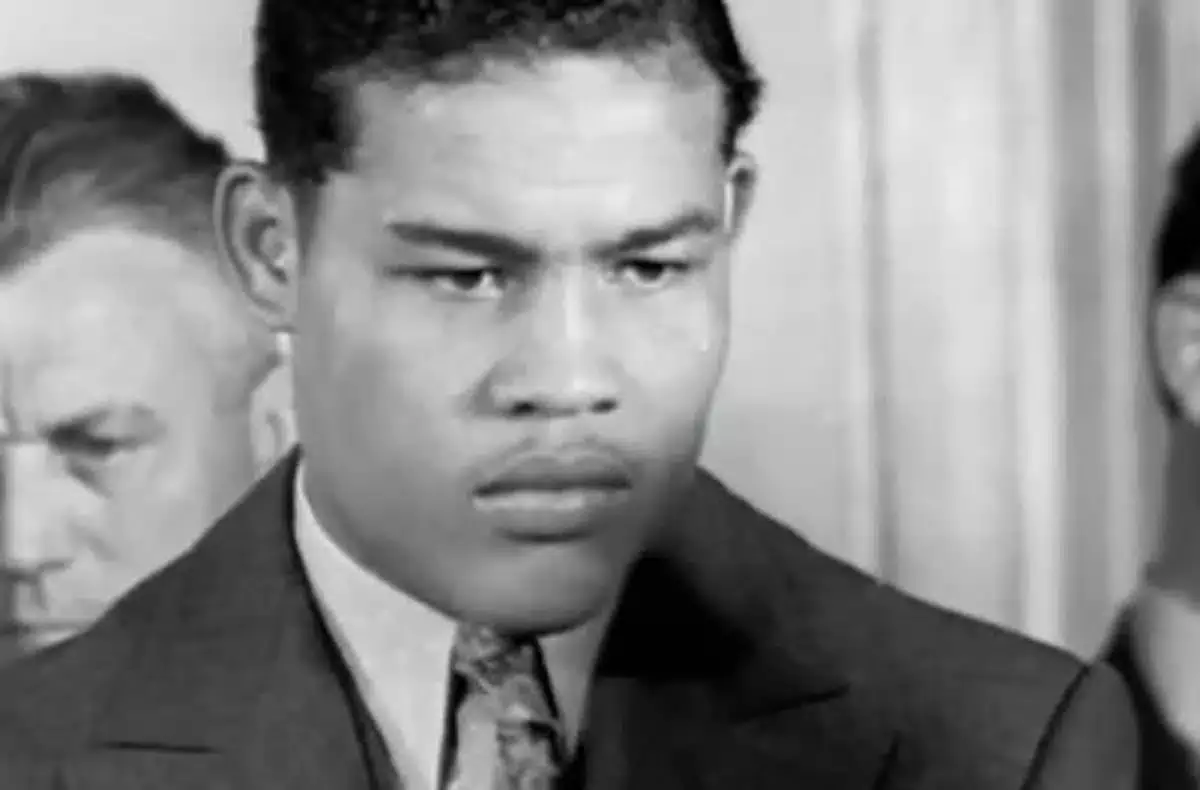When discussing the pantheon of heavyweight champions, merely listing names falls short of encapsulating their legacies. Each fighter brought an audacious spirit and resilience to the ring, weaving their narratives into the rich tapestry of boxing history. Renowned boxing expert Teddy Atlas recently stirred the waters with his personal rankings of the greatest heavyweights of all time during his podcast, “The Fight.” While opinions in boxing can spark fervent debates, Atlas’ selection is rooted in not just statistics but the profound emotional impact these athletes had on the sport. Here, we dive into his insights, bringing forth a reflective analysis of the heavyweights that have captivated fans and changed the landscape of boxing.
The Resilient Titans of the Sport
Atlas ranks the fighters starting from Lennox Lewis down to Joe Louis, highlighting their careers, personalities, and legacies. Lewis, at the number ten spot, exemplifies the sport’s resilience. Overcoming two knockout defeats in his career demonstrates the grit and determination that define true champions. Atlas argues that Lewis’s ability to rebound and assert dominance makes him a worthy contender in any discussion about the heavyweight elite. But the question arises: does overcoming adversity alone justify a high ranking in boxing, or should it also include style, grace, and dynamic tenacity in the ring?
Larry Holmes, in contrast, entered the ring as the embodiment of technical excellence. With a jab often heralded as one of the best in heavyweight history, he not only secured victories but also changed how the sport is viewed strategically. Boxers are frequently evaluated on their technical prowess, but Holmes’ successful career begs the question of how much historical context and competition level should factor into such assessments.
Jack Dempsey and Gene Tunney further demonstrate the evolution of the heavyweight division during their eras. Dempsey’s raw power and charisma found him as a cultural icon, while Tunney’s intellectual approach revolutionized the sport. Here lies the heart of the debate: can intellect in boxing elevate a fighter’s status over brute strength? Tunney’s ability to read his opponents and adjust strategies during matches showcases a nuanced skill set that might be undervalued in the age of social media where speed and power often overshadow cerebral gameplay.
Emotion vs. Analysis in Rankings
As Atlas left the sixth spot open for audience input, he emphasized personal investment in boxing, showcasing that rankings can be subjective and profoundly influenced by emotional connection. This aspect of boxing cannot be overstated. Each fighter connects differently with fans; perhaps it’s nostalgia for older fighters or an admiration for modern-day heroes. Atlas’s anticipation of debate reveals his deep understanding of the sport’s emotional landscape. Shouldn’t each analysis reflect on the impacts of these heavyweights beyond just numbers and opponent records?
Positions five through three honor titans like George Foreman, Rocky Marciano, and Jack Johnson. Boxers such as Foreman, known for his ferocity, raised the bar by demonstrating not just physical strength but an impressive reinvention of self, transitioning from a fighter to an entrepreneur later in life. Such resilience in the face of life’s vicissitudes often elevates a boxer’s legacy, transcending their years in the ring.
Rocky Marciano, with his undefeated legacy, and Jack Johnson, the first African-American heavyweight champion, add layers of discussion to Atlas’ list. Marciano’s cunning and relentless spirit in the ring push the dialogue towards greatness defined not merely by records but by the ability to withstand challenges and maintain integrity. Johnson, amidst societal struggles, symbolizes a critical chapter in boxing history, proving that athletes are also mirrors reflecting their times and societal sentiments.
Ali vs. Louis: The Battle for Legacy
The penultimate battle for Atlas is between Muhammad Ali and Joe Louis, arguably two of the most recognizable names in boxing history. Ali’s unparalleled speed and charisma oftentimes overshadow his technical skills. However, Atlas argues that this same charisma can sometimes veil genuine technical excellence; it’s a complicated duality deserving of examination. Meanwhile, Joe Louis’s narrative invokes deep emotions, particularly for his historical context, impacting far beyond championships. His iconic battle against Max Schmeling extends into socio-political realms, marking a significant moment not solely in sports, but in American history.
In the echoing moments of Atlas’ passionate presentation, the reflection on heavyweight champions evolves into a commentary on society, culture, and human spirit. The rankings may invite dissent, yet they succeed in rekindling the fervor for boxing as not just a sport, but a multifaceted narrative rich with stories that inspire and provoke thought. Through these giants of the ring, their conflicts, victories, and losses echo louder than mere titles—they encapsulate struggles and triumphs that resonate beyond the confines of the boxing arena.


Leave a Reply